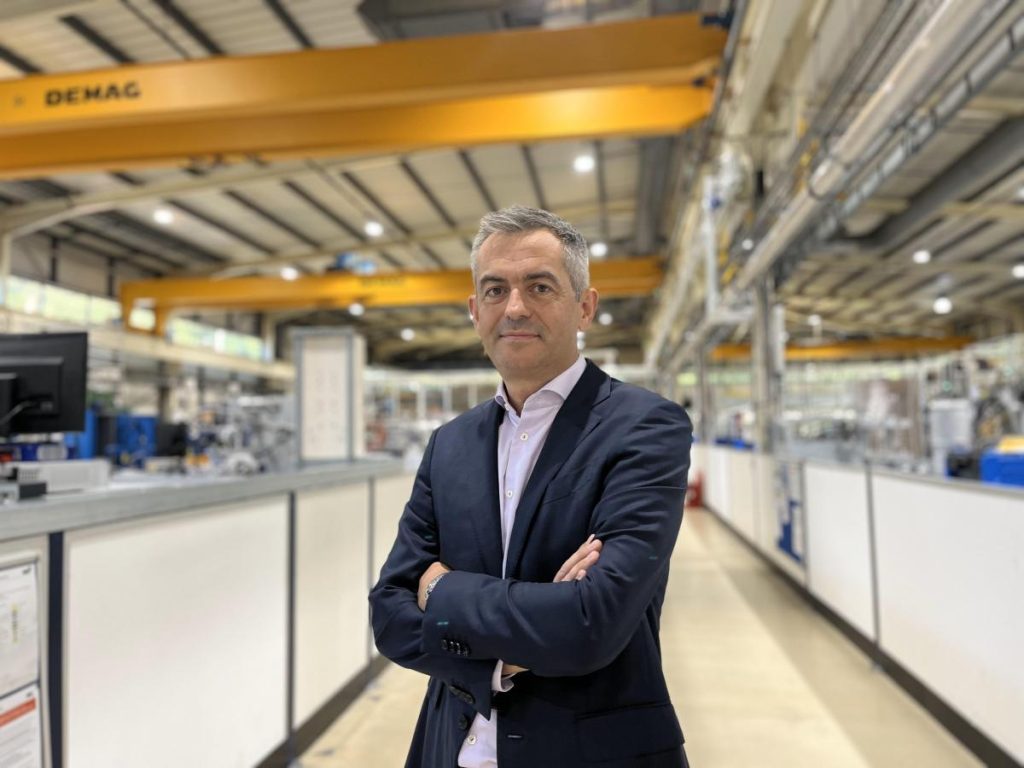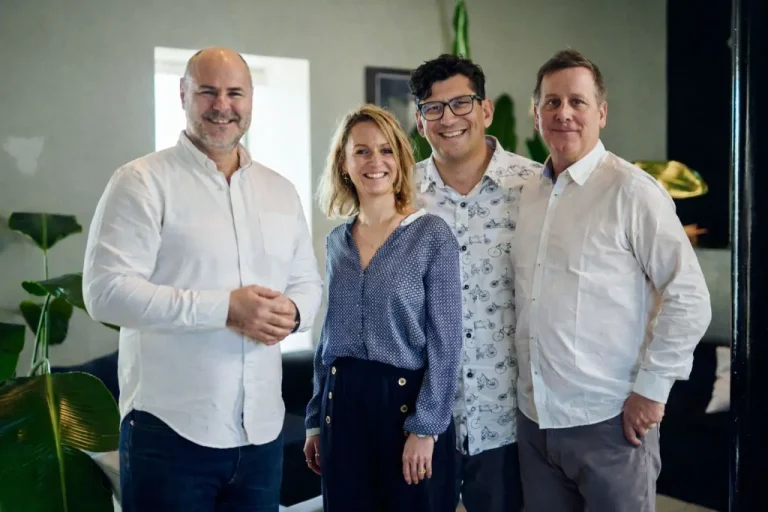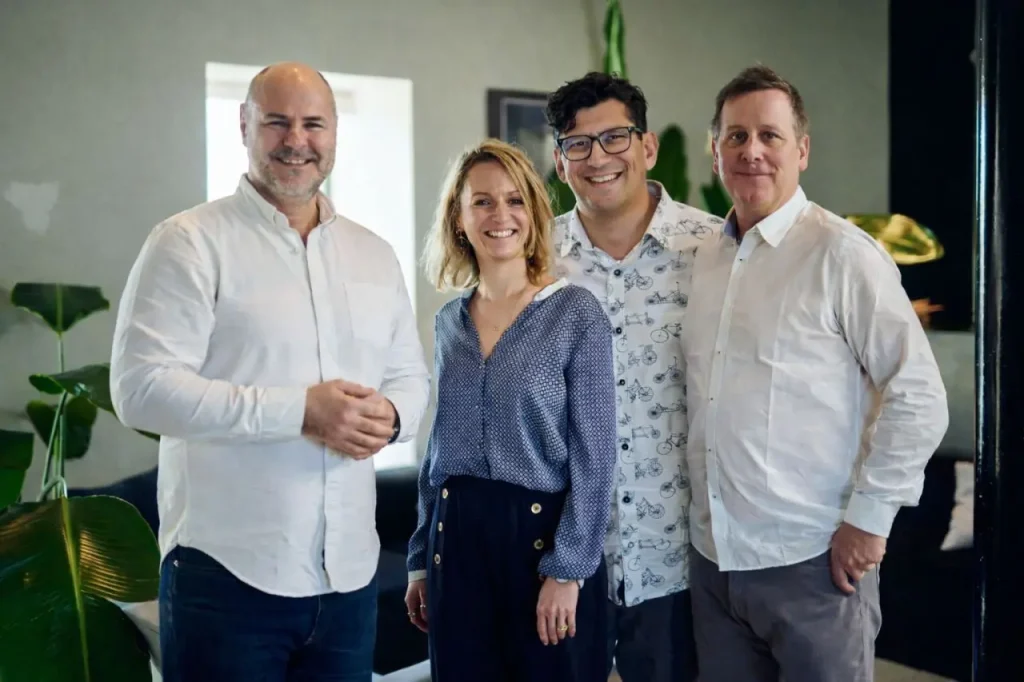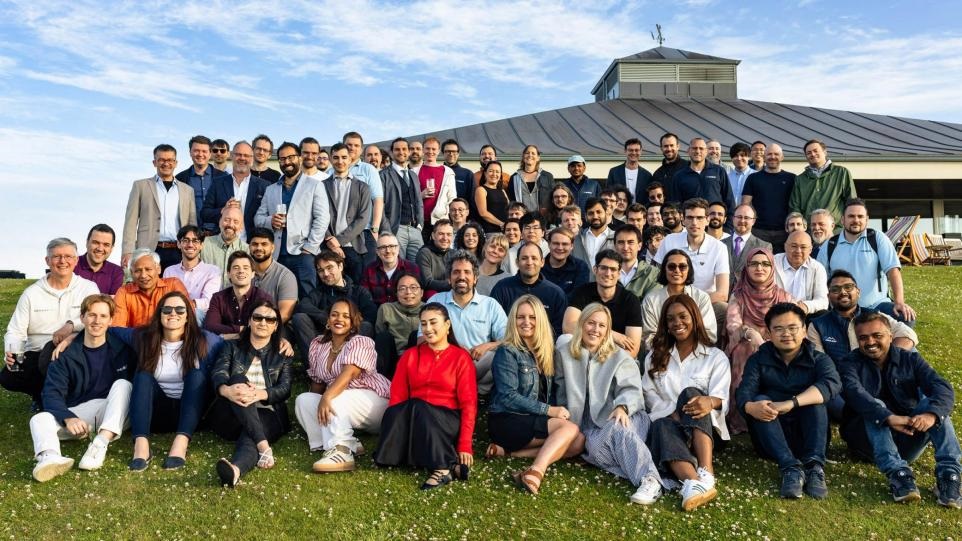Oxford Instruments has entered into a binding agreement to sell its quantum-focused business, Oxford Instruments NanoScience, to Quantum Design for £60 million. The sale, which is subject to regulatory approvals, is expected to be completed in the third quarter of 2025.
Oxford Instruments NanoScience specialises in designing, supplying, and supporting research tools for quantum technologies, including essential equipment for maintaining the supercooled temperatures required for quantum computer operation. The unit is known to work with quantum computing firms such as Oxford Quantum Circuits and Rigetti.
In the financial year 2025, NanoScience generated approximately £59 million in revenue and £1 million in adjusted operating profit.
Oxford Instruments stated that the divestment will allow the company to better focus on its remaining businesses, which are expected to deliver enhanced growth and margin characteristics, thereby improving shareholder value.
US-based Quantum Design provides scientific instrumentation technology for research across various fields. While already offering helium liquefiers and compressors, this acquisition marks its entry into providing dilution fridges (cryostats) that house quantum processors.
Stuart Schoenmann, CEO of Quantum Design, said: “I am excited to accelerate Quantum Design and NanoScience business units into the future with the extensive synergistic capabilities of these two great leaders in cryogenic measurement and instrumentation. NanoScience’s historic Tubney Woods factory will expand our global manufacturing footprint with significant facilities that were the birthplace of superconducting magnet technologies.”
Richard Tyson, CEO of Oxford Instruments, added: “The sale of our NanoScience quantum business is in line with our strategy to focus and invest in the best areas of opportunity to grow the Group and create value for shareholders, and supports progress towards our medium-term margin targets. It is also consistent with our focus on our three core markets: materials analysis, semiconductor, and healthcare and life science.”
Oxford Instruments, a spin-out from Oxford University, is also known for developing the first MRI scanners.
Image source: Oxford Instruments (Richard Tyson, CEO)










